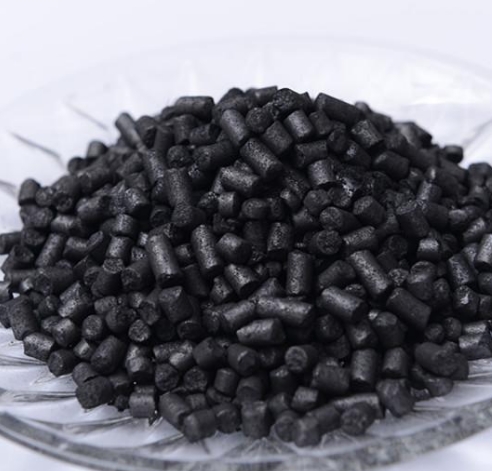
Transport accounts for a significant amount of CO2 (carbon dioxide) and nearly a fifth all energy used in the world. A healthy environment is dependent on a sustainable transport system. Sustainable transportation includes reducing air pollution by eliminating fossil fuel emissions, utilizing renewable energy sources, and increasing walking and biking infrastructure. This will also improve health by reducing respiratory disorders, cardiovascular diseases, premature deaths, etc.
Collaboration with international partners will be required to align global sustainability policies and goals. EERE partners with organizations in order to support sustainable transport, such as research on electric cars, battery and charging infrastructures, green buildings, road and bridge technologies, etc.
EVs/AVs have become increasingly popular in recent years, driven by technological advancements, increased charging infrastructure, and government incentives. These vehicles have the potential to reduce air pollution and climate change, and provide economic benefits by generating employment in the manufacturing industry and reducing dependence on foreign oil.

However, it is important to note that these vehicles can have a significant environmental footprint during their life cycle, from production to disposal. The main objective of this manuscript is to identify factors that influence the carbon footprints of EVs/AVs, and evaluate the potential for additive manufacturing to reduce those impacts.
It is an environmentally-friendly production process, as it uses only what's needed and minimizes waste. It is often localized which reduces energy and transportation costs. In addition, recycled materials can be incorporated into new products to reduce landfill impact and support the circular economies.
In the context of EVs/AVs, it is estimated that 3D printing can replace up to 70% of conventional vehicle parts. A reduction in the number of parts and weight can help reduce the carbon footprint. A process of additive manufacturing could also allow for the reuse of plastic parts at the end-of-life.
Another promising solution is the use of alternative fuels, which can reduce CO2 emissions and enhance energy security by reducing dependence on imported fossil fuels. Biodiesel is one such alternative, made from animal or vegetable fats. The fuel can be used without major modifications in diesel engines and emits fewer harmful gases than petroleum-based diesel or gasoline. Additionally, it can be produced using renewable energy, such as wind or solar power, making it a truly sustainable fuel.

Write a Message